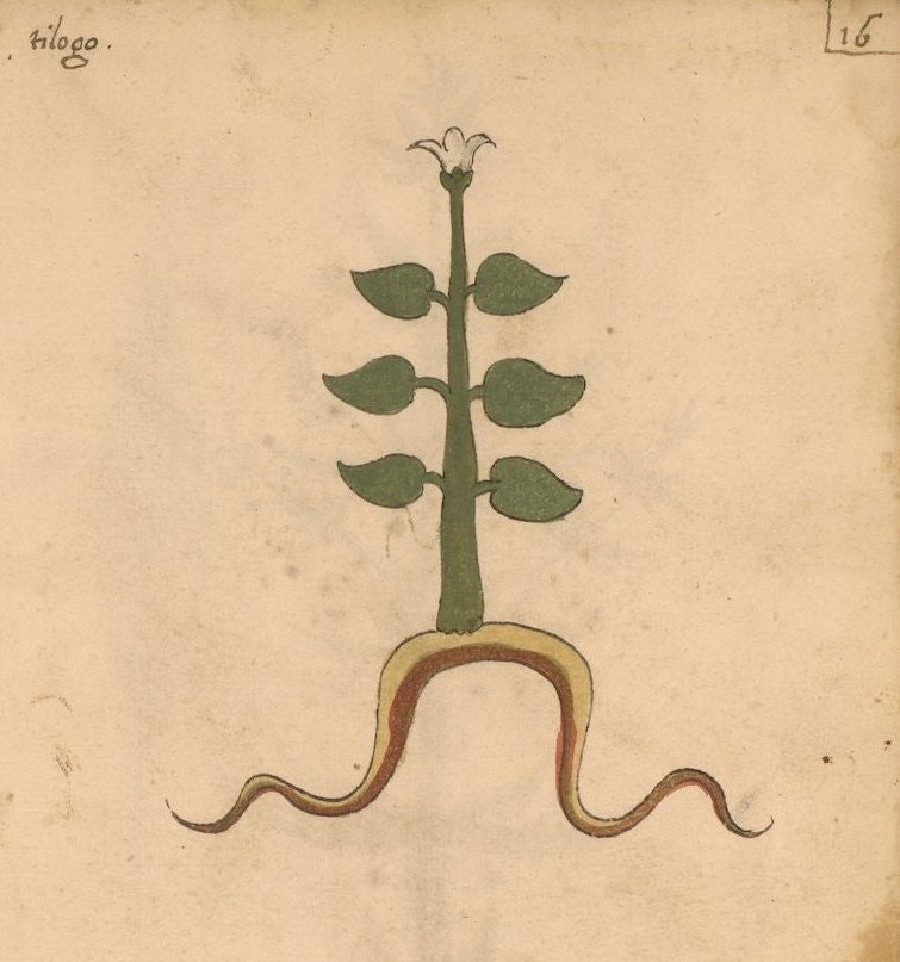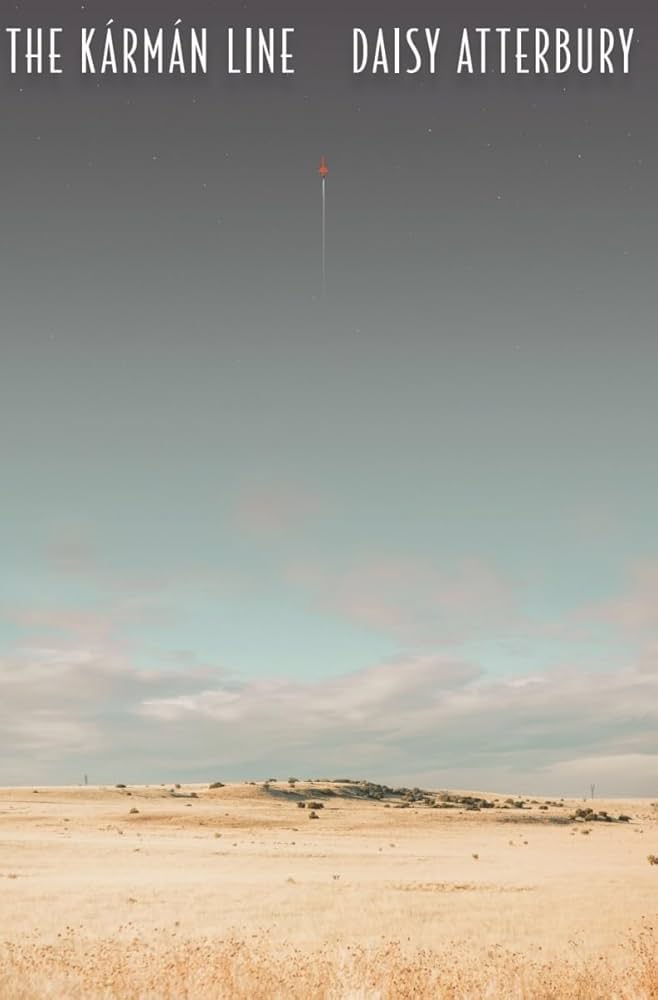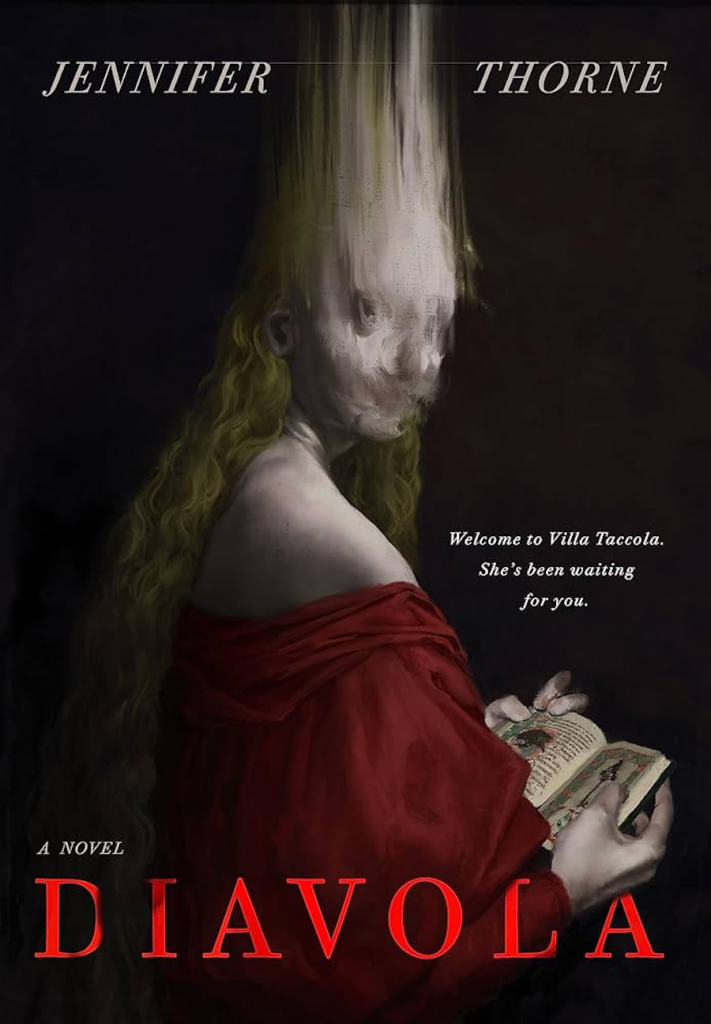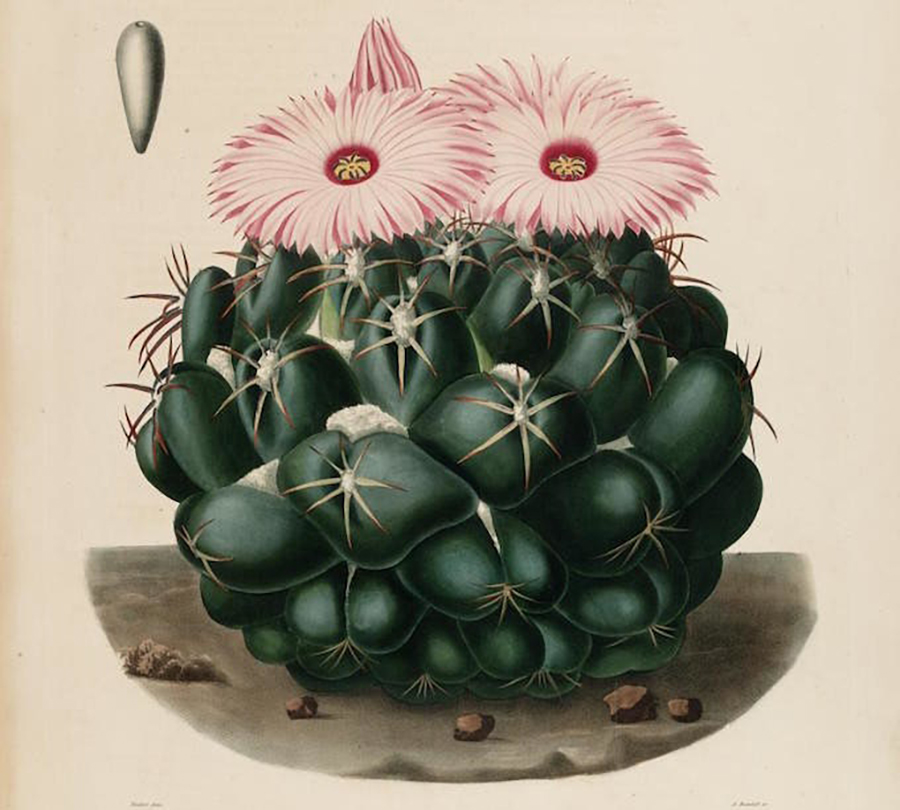Judith Lewis is a name that not many readers will recognize; but those who fell victim to the late 2000s-early 2010s dystopian/ fantasy young adult novel craze (think Hunger Games, Divergent, Maze Runner, later Harry Potter novels, The Selection, etc.) might recognize her pen name: Cassandra Clare. She is the author of the wildly successful Mortal Instruments series, but before she released the six hit books (along with a prequel trilogy, a sequel trilogy, and a number of short stories), Cassandra Clare was a very popular fanfiction writer, prolific online in the Lord of the Rings and Harry Potter fandoms.
Enjoyers of fanfiction might be familiar with platforms like Wattpad, Archive of Our Own (AO3), and Tumblr, but Cassandra Clare (then spelled “Claire”), was writing fanfiction before the creation of any of these websites, posting on fanfiction.net, LiveJournal, and several similar sites in the early 2000s. She is most well known for her Draco Trilogy, three book-length pieces (207, 996, and 1697 pages respectively) of Harry Potter fanfiction posted on fanfiction.net in installments from 2000-2006. Many fans credit this series for the now-typical portrayal of Draco Malfoy in fanfiction pieces; instead of the annoying, low-class villain he is in the canon, in the world of Harry Potter fanfiction, he becomes a clever, snarky anti-hero and sex-god. Though it is often subtextual, some also credit this series with the overwhelmingly popular fanfiction slash ship of Harry Potter and Draco Malfoy.
But on August 4th, 2006 (the same day Clare uploaded the last chapter of the last book in The Draco Trilogy), an exposé was posted by user white_serpent (a.k.a. Avocado) to Journalfen (a fandom-oriented LiveJournal clone site), in which they exposed that much of Cassandra Clare’s second book in The Draco Trilogy, Draco Sinister, was plagiarized from The Hidden Land, a 1985 fantasy novel by Pamela Dean. The controversy led to her eventual ban from fanfiction.net and the removal of the entire Draco Trilogy. (Ironically, six weeks before her ban, Cassandra Clare spent days publicly shaming a fan who was plagiarizing parts of Draco Sinister in their own fanfictions.)
This debacle is just one in Cassandra Clare’s long and controversial career as a fanfiction writer , but support for her remained very strong in online Harry Potter fandom spheres, and initial buzz for her Mortal Instruments series can largely be attributed to her huge fanbase in these early internet groups. Clare would go on to publish City of Bones, the first book of the Mortal Instruments series, in May of 2007. Though she claims that this book series is completely unrelated to her time as a fanfiction writer , Mortal Instruments very interestingly shares the same title as an erotic and disturbing Harry Potter fanfiction Cassandra Clare wrote, a story that ships Ron Weasley romantically with his younger sister, Ginny Weasley. The Mortal Instruments fanfiction piece was uploaded in 2004 (the same year she began writing City of Bones) under a post titled “sick? wrong? you betcha!” on LiveJournal. The later Mortal Instruments series doesn’t just share the same title with this fanwork, it contains multiple nearly identical passages, and even keeps the incest trope!
Cassandra Clare is not the only mainstream author to start her career in fanfiction, in fact, a growing number of successful writers began as fanfiction authors; some have even published their fanfictions in their entireties (the After series, written by Anna Todd, is a One Direction fanwork originally posted on Wattpad that was published and subsequently made into a movie trilogy, and there is a new movie coming out, starring Anne Hathaway, called The Idea of You, that is also based off of a Harry Styles fanfiction). Though fanfiction is viewed by many in the literary world as a lowly or cheap mode of writing, and sometimes rightly so, its influence is overtly prevalent in modern literature, and the communities created around fanfiction have provided space for many young, talented writers. As Cassandra Clare said on a podcast recorded in July of 2006, not even a month before her Draco Trilogy plagiarism controversy, “I think that the sense of community is hugely valuable… just to feel the sense of connection to people who are writing because they love it. Not because it’s their job, not because they have a deadline, and not because they’re ever going to get paid or anyone’s ever even going to give them really, you know, any credit. No one will ever really know their names, but just because they love writing and they love talking to other people about writing…”
Though it is often a messy, convoluted, and dramatic world, fandoms and their literary works continue to pervade mainstream spheres and provide communities and friends that inspire new generations of media-lovers to do their own writing. For me, fanfiction has always represented what is most important about literature; it is people writing to escape, writing about what they love most, and writing not for any other reason than to write. If that results in a bit of low-stakes, funny internet drama, you can still count me in.
Sources and Further Reading
Caswell, Abigail. “7 Renowned Authors Who Got Their Start in Fanfiction.” Bookstr, 29 Jan. 2024. Cosmogyral, et al. “The Draco Trilogy.” Fanlore, 4 Nov. 2008.
Grant, Emma. “Episode 6 – Insider Interview Transcript.” LiveJournal, 15 July 2006.
STRANGE ÆONS. “Ms.Scribe’s Fanfiction Empire of Lies.” YouTube, 31 Jan. 2023.
Vee, et. al. “Cassandra Claire.” Fanlore, 10 Dec. 2008.
white_serpent. “The Cassandra Claire Plagiarism Debacle.” Wayback Machine, 4 Aug. 2006.
For those interested in learning more about the horribly messy world of early 2000s fanfiction culture at large, I recommend internet historian STRANGE ÆONS’ video essays on YouTube: “Ms.Scribe’s Fanfiction Empire Of Lies” (focuses in part on Cassandra Claire’s messy fanfiction career and this specific plagiarism controversy), “The Story of Snapewives” (focuses on a Harry Potter fan group who genuinely believed Severus Snape was a God and devoted their lives to him), and “The Historic Fandom Schemes Of BitOfEarth.net” (focuses on the insanity that was the early Lord of the Rings fandom; people believed they had psychic abilities to communicate with the characters themselves).
- “Slash” is a fandom term used to refer to fanfiction works that place two characters of the same gender in a romantic or sexual relationship with one another. “Shipping” is a popular aspect of fan culture that involves imagining two characters in a relationship that may or may not be true to the canon. The term “ship” stems from the word “relationship;” it is very common vernacular in the world of fanfiction.
- The fanwork series, which begins when an accident in Potions class leads to Draco Malfoy and Harry Potter swapping bodies (further complicating the Harry/Hermione/Draco love triangle the series surrounds) can still be read in its entirety on the WayBack Machine, an internet archive.
- For more of Cassandra Claire’s controversies (including more plagiarism, cyberbullying, and accusations of wrongly profiting from her fanbase), see her page on Fanlore.
- Cassandra Claire replied to an ask on her Tumblr page, “I don’t even know how you’d get a book series about demons and angels and demon-fighters and seraph blades and alternate dimensions and Downworlder politics out of a fanfic based completely in the canon of Harry Potter (circa book four) that contained none of those things.”




